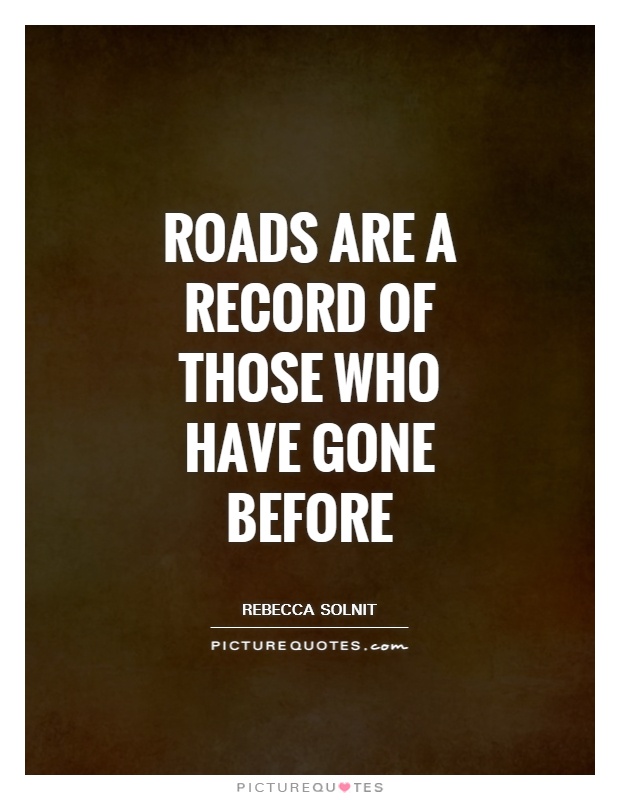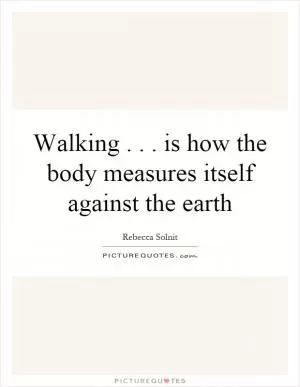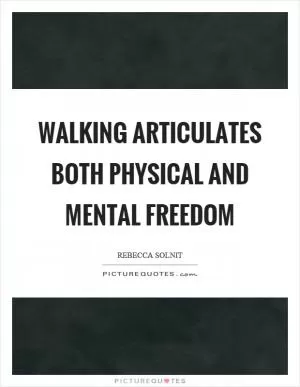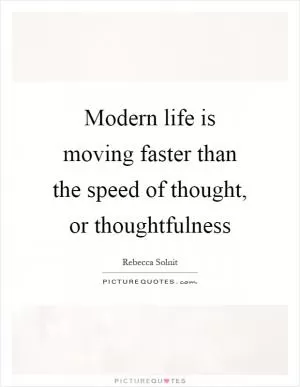Roads are a record of those who have gone before

Roads are a record of those who have gone before
In her book "Wanderlust: A History of Walking," Rebecca Solnit explores the idea that roads are not just physical pathways for travel, but also symbolic records of human history and experience. She argues that roads are a reflection of the people who have traveled them, leaving behind traces of their presence and stories along the way.Solnit suggests that roads are a form of collective memory, connecting us to the past and to those who have come before us. As we walk or drive along a road, we are following in the footsteps of countless others who have traveled the same path, each leaving their mark in some way. Whether it be through the construction of the road itself, the buildings and landmarks that line its edges, or the stories and memories that are passed down through generations, roads are a tangible reminder of the lives and journeys of those who have gone before.
One of the key themes in Solnit's work is the idea of the flâneur, a term coined by French poet Charles Baudelaire to describe a leisurely urban explorer who wanders the streets, observing and absorbing the world around them. The flâneur is a figure who is acutely aware of the history and stories embedded in the city streets, and who seeks to uncover the hidden narratives that lie beneath the surface. In this sense, roads can be seen as a form of text, with each step we take revealing new layers of meaning and history.
Solnit also explores the concept of the psychogeography, a term popularized by the Situationist International movement in the 1950s. Psychogeography is the study of how the physical environment influences our emotions and behavior, and how we in turn shape the spaces we inhabit. Roads, as the primary means of navigating our surroundings, play a crucial role in shaping our experiences and perceptions of the world around us. They are not just conduits for travel, but also conduits for memory, imagination, and connection to the past.












 Friendship Quotes
Friendship Quotes Love Quotes
Love Quotes Life Quotes
Life Quotes Funny Quotes
Funny Quotes Motivational Quotes
Motivational Quotes Inspirational Quotes
Inspirational Quotes